

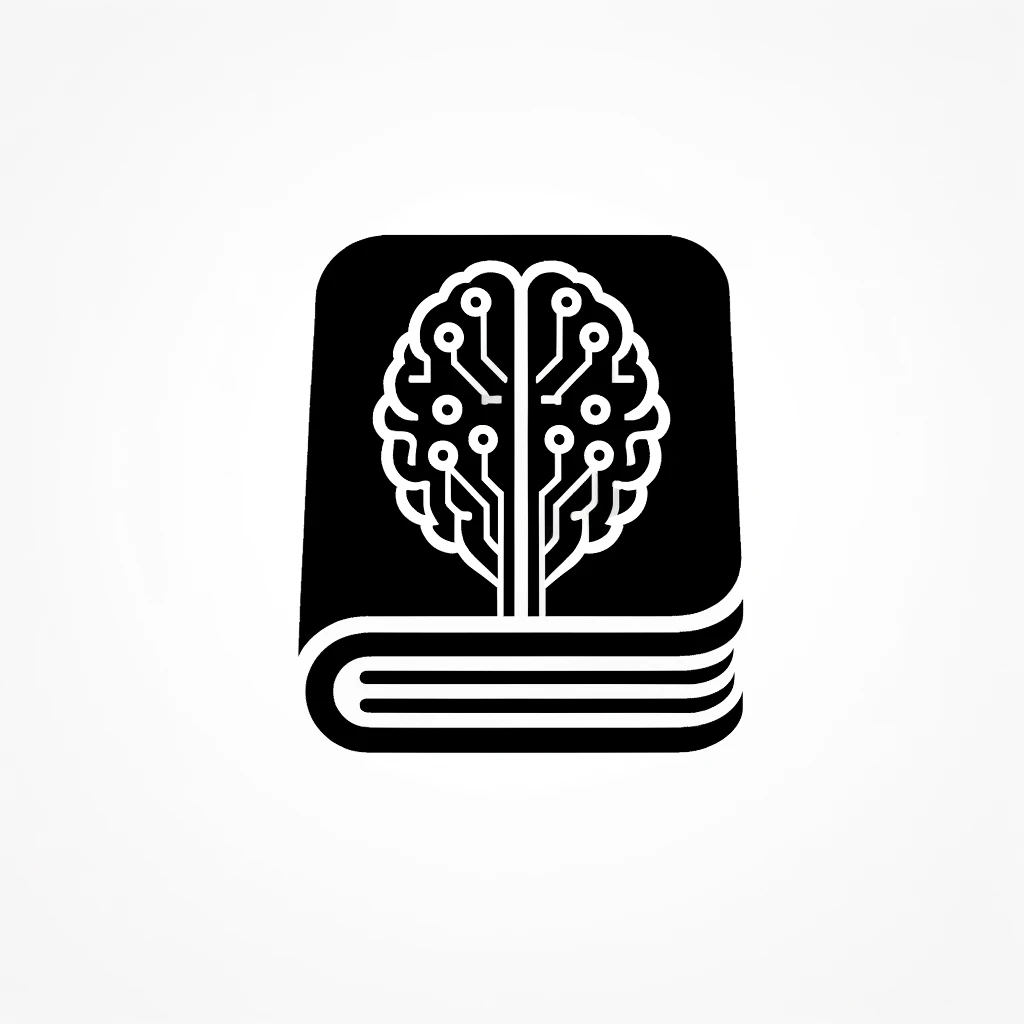
informatics*, artificial intelligence, machine learning, cybernetics
psychology, linguistics, pedagogy, didactics
philology, germanistics
philosophy
art
note: in informatics, we count from zero
slightly different than an ordinary "Tagung"
limited number of participants with different perspectives and skills
international, cross-generational and multi-lingual
gradual shift from frontal lecture to interactive sessions and roundtable discussions
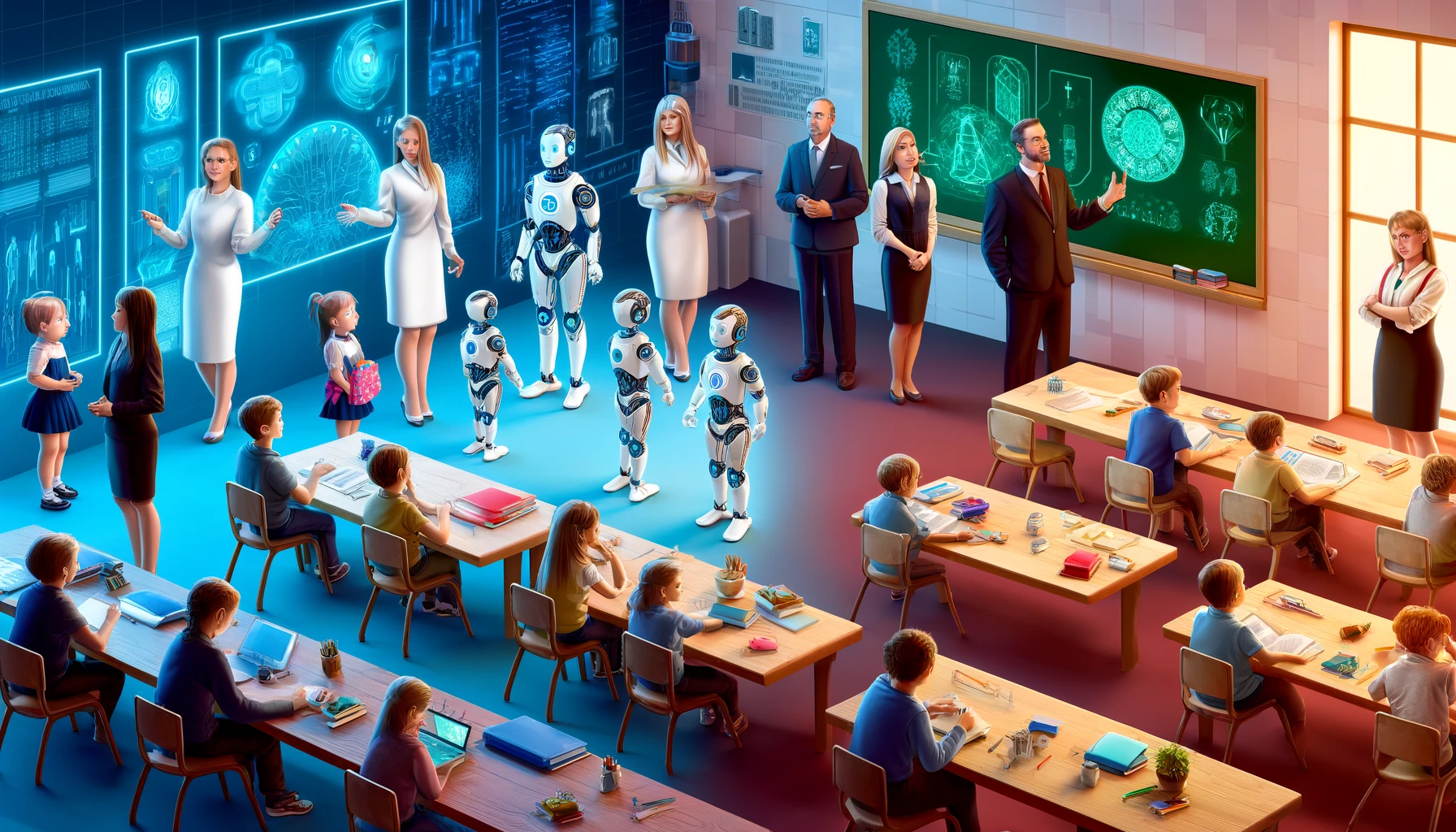
generate illustration depicting the dilemma "Should future artificial teachers be allowed to teach our children - and children of their children - how to read and write ?"
inform, network, brainstorm
exchange best practices
answer the question: "Should we use AI in Leseförderung ?"
create tradition of "AI & Reading" Symposia
have fun & enjoy the moment !
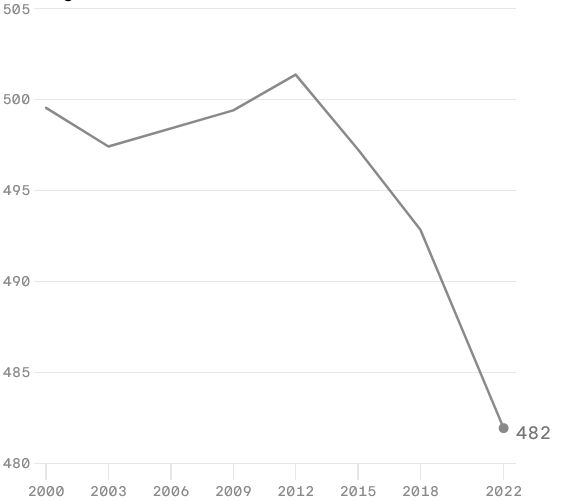
Development of PISA scores for "reading skills" (OECD average)
learning & teaching how to read is a very complex process where cognitive, social, cultural, economical, technological and even ideological factors intertwine
reading competence falls down drastically
not only because of CoVid
new repositories (Internet), media (smartphones) and semiotic systems (emojis) emerge which undermine authority of traditional means of transferring knowledge (books, libraries, human teachers...)
discriminative
generative

voice identification
handwriting recognition/identification
facial expressions....
speech signal classification
speech-to-text (STT), automatic speech recognition (ASR): both disciminative and generative
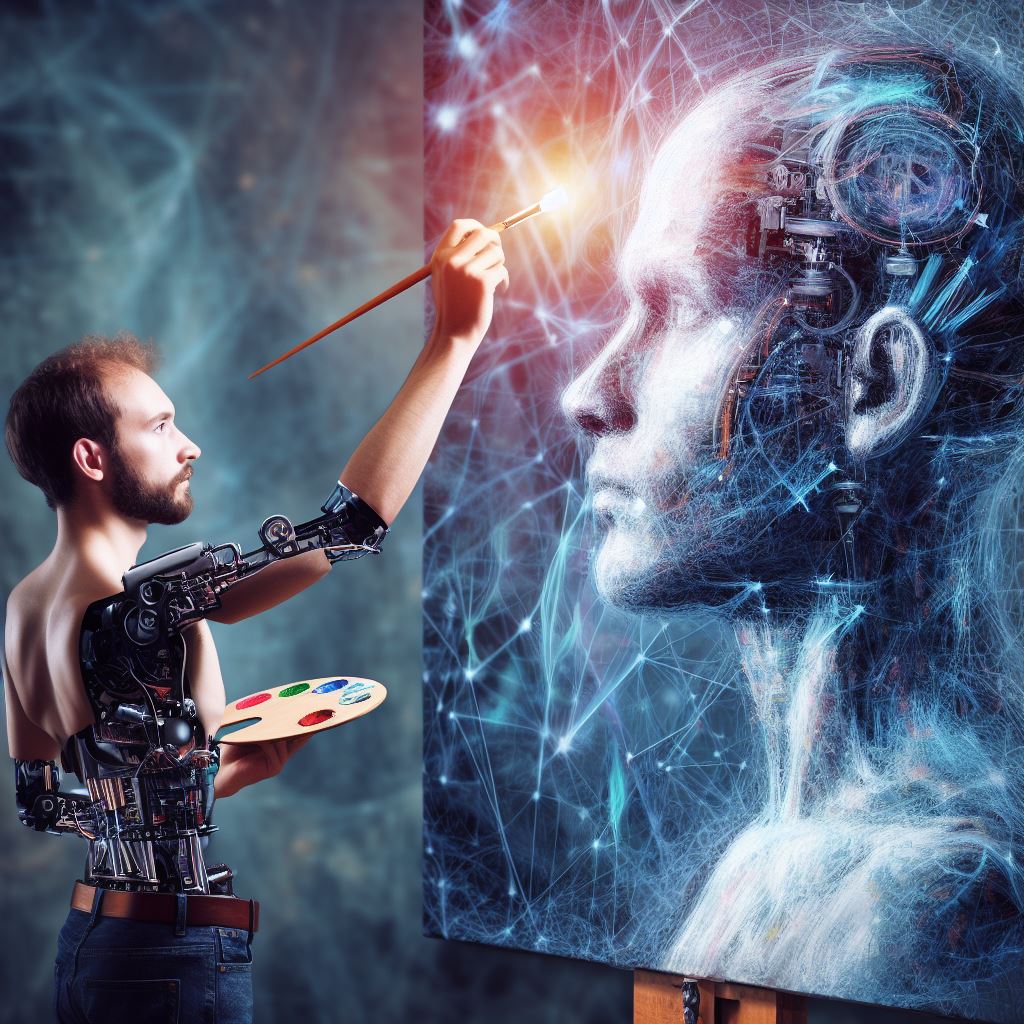
text-to-speech and voice cloning
text-to-image
"talking head" generation
large language models
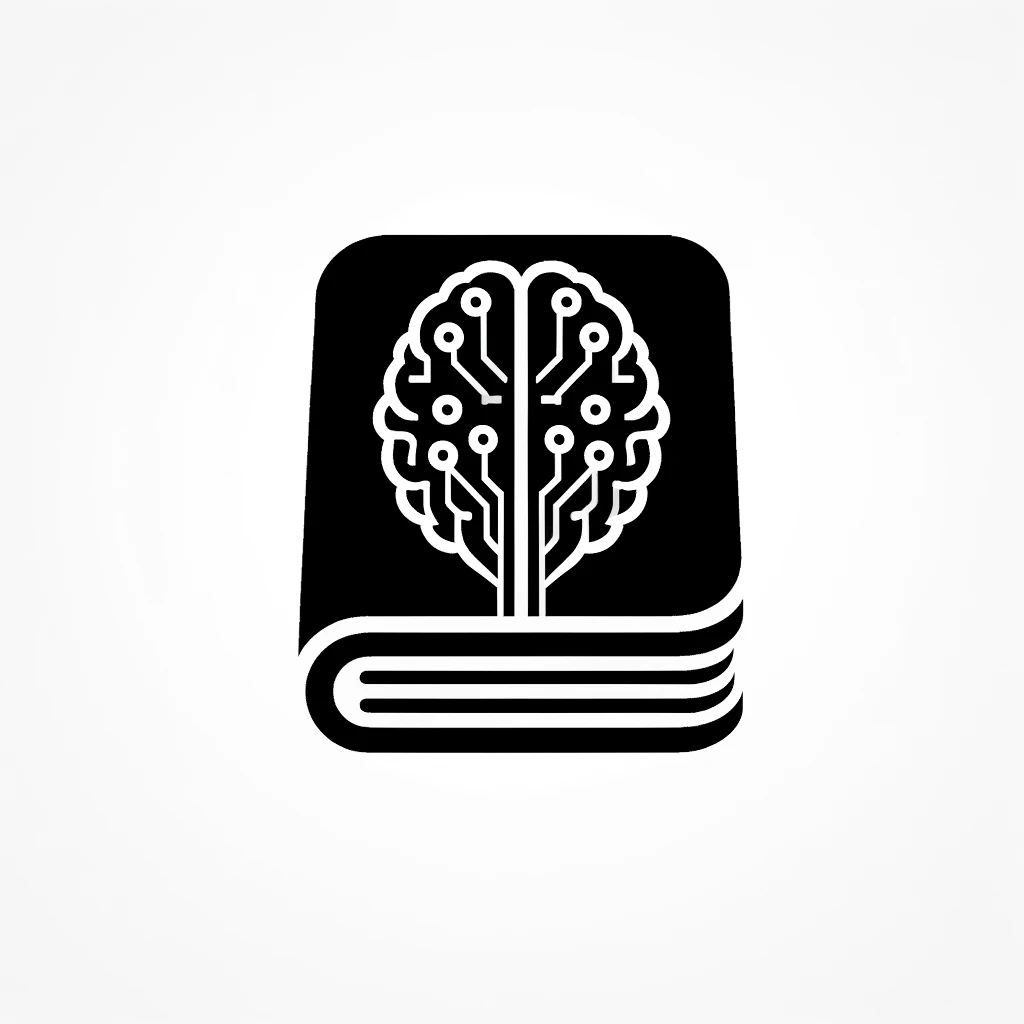
Christa Röber: Die systematische Progression des schriftsprachen Lernens als Grundlage für die digitale Unterstützung der Erwerbsprozesse: das Konzept "Zirkus Palope"
Elisabeth Kunze, Tobias Miller, Simon Oldeboershuis: Leseförderung online mit LeOn: Praxis an den Schulen und technische Weiterentwicklung
Maren Wallbaum: Kinder sprechen anders: Herausforderungen und Chancen in der Spracherkennung
Daniel Hromada: Personal Primer, fibel.digital and Human-Machine Peer Learning
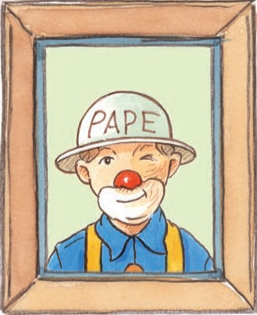

assistant system
teaching teachers
teaching: human contact, giving ability to see how rules are, so they can become independent to go on their own, building relationship, to show possibilities of construction of own life, giving opportunity to find out rules, patterns & structures
teachers are important (Sonne und Beton)
body language is crucial
understanding the value of poses & cultural nuances
reading competence is part of personality
exercise creativity

GPT4 response to the prompt "generate illustration depicting the dilemma "Should future artificial teachers be allowed to teach our children - and children of their children - how to read and write ?"
-2 means "definitely not"
-1 means "rather not"
1 means "rather yes"
2 means "definitely yes"
auf Organisierung des 1. Transdisziplinäres Symposium zur Leseförderung im Zeitalter der Künstlichen Intelligenz ?
auf Mitarbeit beim Entstehung des Journal "Encounter" ?
lesen.digital